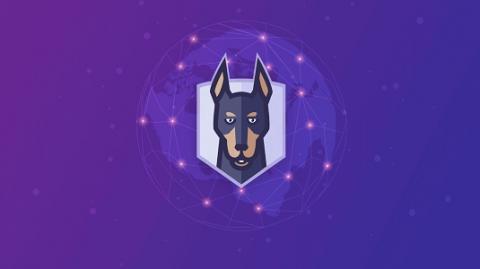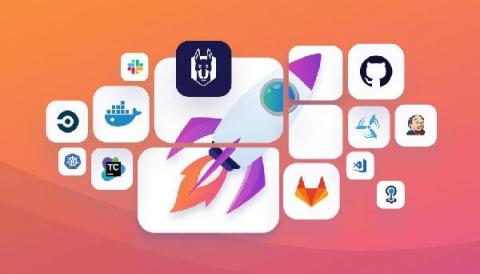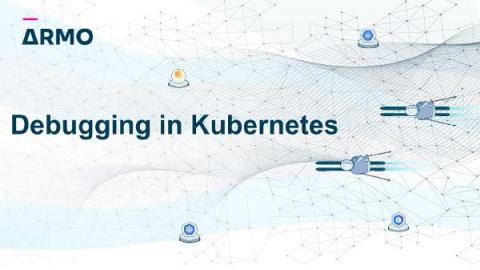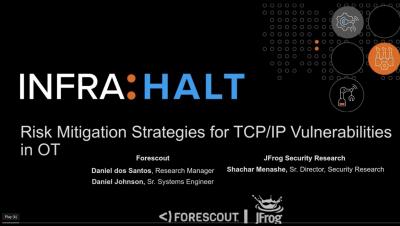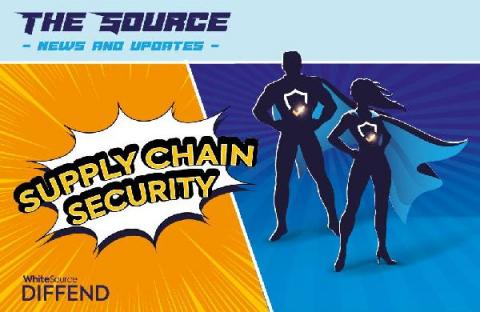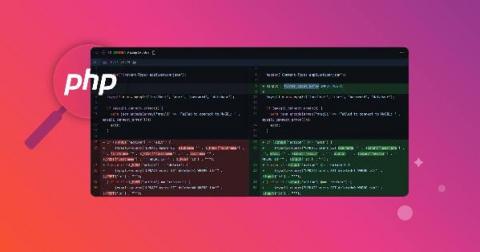Security | Threat Detection | Cyberattacks | DevSecOps | Compliance
DevOps
Snyk Closes $530 Million Series F Investment at $8.5 Billion Valuation
Open Source Risk Management in the Financial Sector
Banking has changed. In the past, financial institutions outsourced their technology. They had large consulting firms creating, managing, and maintaining their back-end systems. Although banks would have knowledge of the systems in place, they wouldn’t be running them on a day-to-day basis. That was the consultants’ responsibility. Recent years have seen a significant shift in the financial sector.
The inevitability of Developer Security
It’s exciting to share the news of our new funding round. It let us bring onboard some amazing investors and funds for further growth, along with setting the company valuation at $8.5B — a pretty big number. When you look at this valuation, and consider these smart investors expect it to grow substantially, you may wonder — how can this market be big enough to support these numbers? I would say the real question is — how can it not be?
Announcing Snyk's Series F: Leading the World to Developer Security
Debugging in Kubernetes
While Kubernetes offers a self-healing deployment platform, there is a fair chance a developer will run into issues that require deeper analysis and debugging to identify configuration problems. Kubernetes supports a loosely coupled, distributed architecture by allowing an application to be broken down into smaller, granular modules—each of which can be written and managed independently.
Risk Mitigation Strategies for Tcp/IP Vulnerabilities in OT
Securing Your Package Manager's Lockfiles
Considering our reliance on open source and third party components, it’s nearly impossible to estimate how many open source libraries we’re using, especially with dependency management tools that pull in third party dependencies automatically. Adding to the challenge of keeping track of the open source components that make up our codebase, is the tangled web of transitive dependencies.
Snyk Code support for PHP vulnerability scanning enters beta
Snyk Code support for PHP vulnerability scanning is now available in beta. Now security issues in PHP code can be identified quickly and easily. To get started, log into Snyk or sign up for a free account. Once logged in on the dashboard, click on the Add Project button in the top right corner and connect to a repository you want to scan.
7 steps to improve developer security
Empathy — that ability to understand what others are feeling — might be the secret ingredient when it comes to successfully shifting security into the developer world. Snyk co-founder and president Guy Podjarny hosts The Secure Developer podcast, and in interview after interview, guests have repeatedly spoken about how empathy, understanding, and a bias toward action are the biggest components of a successful developer-first security culture.



